The Do’s and Don’ts of DIY Drain Cleaning
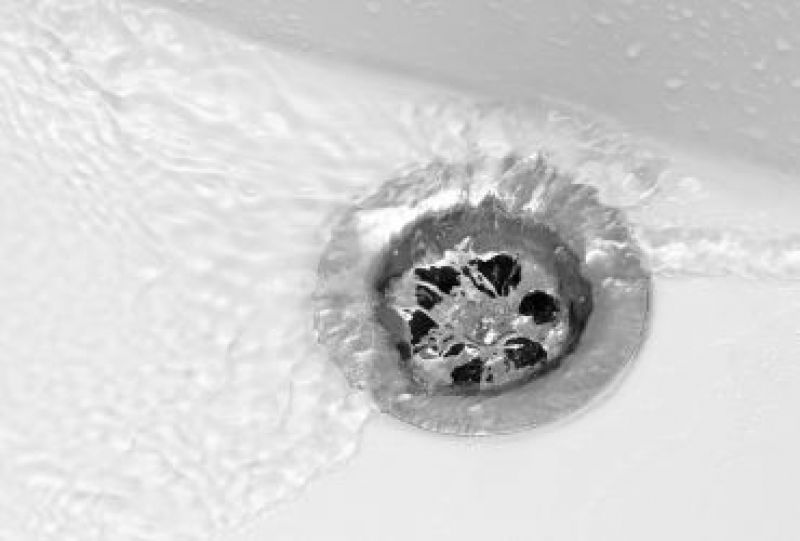
TL;DR: When tackling DIY drain cleaning, always opt for gentle, natural solutions like baking soda and vinegar, and use a plunger or plumber’s snake for physical removal of clogs. Avoid overusing harsh chemical cleaners that can corrode your pipes and never ignore persistent drainage issues, as they may indicate a deeper problem that requires professional attention.
Keeping your drains clear and functioning properly is an essential part of home maintenance, yet it often gets overlooked until a problem arises. While the idea of DIY drain cleaning may seem daunting, it’s a manageable task if you know the right techniques and what to avoid.
In this guide, we’ll walk you through the essential do’s and don’ts of DIY drain cleaning, from simple, natural methods that can prevent clogs to understanding when a problem is beyond a quick fix and requires professional intervention for drain cleaning. Whether you’re dealing with a slow sink or a stubborn shower drain, our tips will help you tackle the issue safely and effectively, ensuring your plumbing remains in top condition.
Understanding Your Drainage System and Common Problems
Before you dive into the world of DIY drain cleaning, it’s crucial to have a basic understanding of your home’s drainage system and what typically causes clogs. Your home’s drainage system is designed to carry wastewater away from your home safely and efficiently. It consists of various pipes, traps, and vents, all of which play a vital role in ensuring water flows smoothly without allowing sewer gases to enter your home. Common Causes of Drain Clogs:
- Hair and Soap Residue: In showers and bathroom sinks, hair binds with soap residue to form clogs.
- Food Waste: Kitchen sink drains can become clogged with food particles, especially if a garbage disposal isn’t used properly.
- Grease and Oil: Grease, oil, and fat should never go down the kitchen sink as they solidify in pipes, leading to clogs.
- Foreign Objects: Items that shouldn’t be flushed or washed down the drain, such as sanitary products, wipes (even those labeled “flushable”), and large food particles, can cause blockages.
- Mineral Buildup: In areas with hard water, mineral deposits can accumulate in pipes, reducing flow and causing backups.
Understanding these common culprits can help you prevent clogs before they happen and approach DIY drain cleaning with the right strategy. Armed with this knowledge, you’ll be better equipped to tackle maintenance and cleaning tasks while avoiding the mistakes that can lead to bigger plumbing problems.
The Do’s of DIY Drain Cleaning
Effective DIY drain cleaning requires a balance of preventive measures and the right response to emerging clogs. Here are some essential do’s to keep your drains flowing smoothly:
Do: Use Boiling Water for Simple, Greasy Clogs
Boiling water can be effective for melting and dislodging grease buildup in your kitchen sink. Pouring a kettle of boiling water down the drain periodically can help maintain a clear passage.
Do: Try a Plunger for Minor Blockages
A plunger can be a homeowner’s first line of defense against toilet, sink, and shower clogs. Ensure you’re using the correct type of plunger for the fixture (a flange plunger for toilets and a cup plunger for sinks and showers) and create a firm seal around the drain before plunging vigorously.
Do: Utilize Baking Soda and Vinegar for a Non-toxic Cleaning Method
A mixture of baking soda and vinegar can create a chemical reaction that helps dislodge clogs. Pour half a cup of baking soda followed by half a cup of white vinegar down the drain, wait for about an hour, and then flush with hot water.
Do: Use a Plumber’s Snake to Physically Remove Obstructions
For tougher clogs that a plunger can’t clear, a plumber’s snake or drain auger can be used to physically remove the blockage. Carefully feed the snake into the drain until you reach the clog, then twist and pull to break it apart or retrieve it.
Do: Practice Regular Maintenance to Prevent Clogs Before They Start
Regularly cleaning your drains can prevent the buildup that leads to clogs. Besides using natural cleaners like baking soda and vinegar, consider using drain strainers to catch hair and food particles before they enter your plumbing.
By incorporating these do’s into your routine, you can effectively manage many common drain issues without the need for harsh chemicals or professional intervention. However, always exercise caution and know your limits; some situations may still require a plumber’s expertise.
The Don’ts of DIY Drain Cleaning
While there are many effective DIY methods for keeping your drains clear, there are also critical mistakes that can lead to more significant problems. Here’s what you should avoid doing when attempting to clean your drains yourself:
Don’t: Overuse Chemical Drain Cleaners
Chemical drain cleaners can seem like an easy fix, but their frequent use can corrode pipes, leading to leaks and other serious plumbing issues. These chemicals are also harmful to the environment.
Don’t: Ignore the Problem
Hoping a clog will resolve itself not only worsens the blockage but can also lead to backups, water damage, and costly repairs. Addressing issues promptly can save a lot of trouble and expense.
Don’t: Use Improper Tools
Using makeshift tools or the wrong type of plunger or snake can damage your pipes or fixtures. This can turn a minor clog into a major plumbing problem, increasing the risk of leaks or breaks.
Don’t: Forcefully Unclog Without Knowing the Cause
Aggressively trying to clear a clog without understanding what’s causing it (e.g., tree roots, a collapsed pipe) can exacerbate the problem. Sometimes, the issue is not something that can be fixed with force or simple tools.
Don’t: Hesitate to Call a Professional
When the problem seems to be beyond your skills or if you’re unsure about the correct approach, it’s better to call a professional plumber. They have the expertise and equipment to diagnose and fix the issue without causing further damage.
By avoiding these common pitfalls, you can ensure that your DIY drain cleaning efforts are both effective and safe, protecting your home’s plumbing system and avoiding unnecessary damage or costs.
When to Call a Professional Plumber
Recognizing when to shift from DIY efforts to seeking professional plumbing assistance is crucial for the longevity and efficiency of your home’s plumbing system. There are distinct situations that clearly signal the need for a professional plumber’s expertise. For instance, when you encounter persistent or recurring clogs that resist all DIY remedies, it’s a strong indication of deeper, possibly more complex blockages that require specialized tools and skills to resolve.
Similarly, if multiple drains in your home are simultaneously clogged, or if there are signs of water backing up in various fixtures, these symptoms may point to a significant issue with your main sewer line, a scenario that demands immediate professional intervention.
Moreover, unusual signs like persistent bad odors emanating from drains, or the occurrence of strange noises such as gurgling sounds from pipes, should not be ignored. These can be indicators of serious underlying issues, such as sewer line breaks or venting problems, that not only pose health risks but can also lead to extensive property damage if left unaddressed.
In such cases, the expertise of a professional plumber is invaluable. They possess the necessary diagnostic tools to accurately identify the root cause of the problem and implement effective, long-lasting solutions. Turning to a professional in these scenarios can save homeowners time, money, and the hassle of dealing with more severe plumbing emergencies down the line.
Professional Drain Cleaning Services Near You
In conclusion, while DIY drain cleaning can be an effective way to handle minor clogs and maintain your plumbing system, it’s important to recognize the limitations of what you can safely and effectively achieve on your own. Persistent issues, multiple blocked drains, water backup, bad odors, and strange noises are all clear signals that it’s time to call in a professional plumber. Their expertise not only ensures that the job is done right but also protects your home from potential damage and saves you from the cost and inconvenience of future problems.
If you’re facing persistent plumbing issues in your Tucson, AZ home that seem beyond the scope of DIY fixes, it’s time to call the experts at Rootin Tootin Rooter and Plumbing.
With a team of highly skilled and experienced professionals, we specialize in quickly diagnosing and resolving all types of drain problems, from simple clogs to complex sewer line issues. Our commitment to quality service, combined with the latest tools and technology, ensures that your plumbing problems are solved efficiently and effectively, with minimal disruption to your daily life. Trust Rootin Tootin Rooter and Plumbing to provide fast, reliable, and friendly service that gets your system back in top shape.
Frequently Asked Questions About Drain Cleaning
What are the risks of using chemical drain cleaners too frequently?
Chemical drain cleaners can provide a quick fix but come with risks. Overuse can lead to pipe corrosion, especially in older plumbing systems. These chemicals are also hazardous to your health and the environment. It’s best to use them sparingly and consider safer, more natural alternatives when possible.
Are there any tools I should have at home for DIY drain cleaning?
A few basic tools can be helpful for DIY drain cleaning, including a plunger (a different one for toilets and sinks), a plumber’s snake or drain auger, and perhaps a drain guard to catch hair and other debris. These tools can handle many minor clogs and maintenance tasks without the need for harsh chemicals.
Other Blogs You May Be Interested In



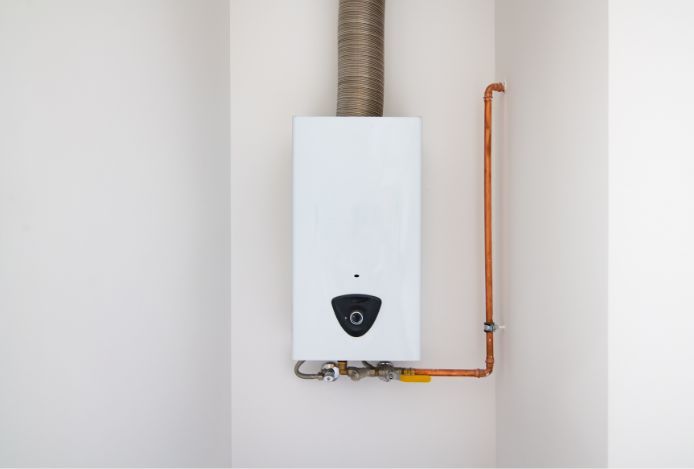
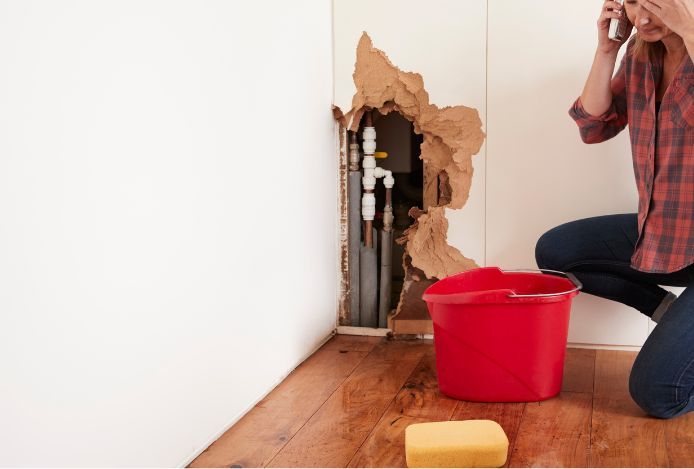
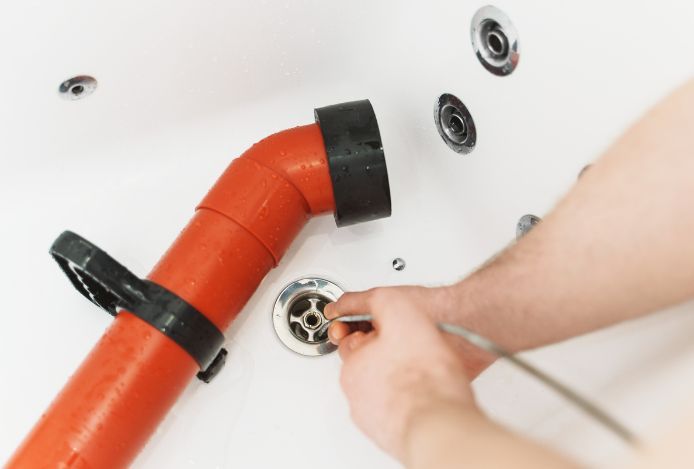
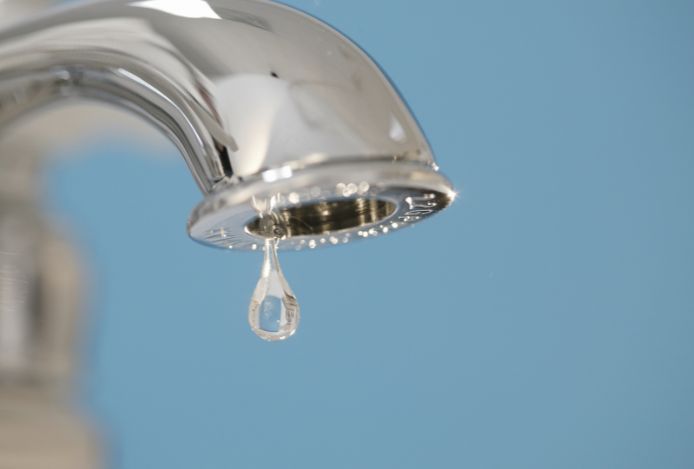
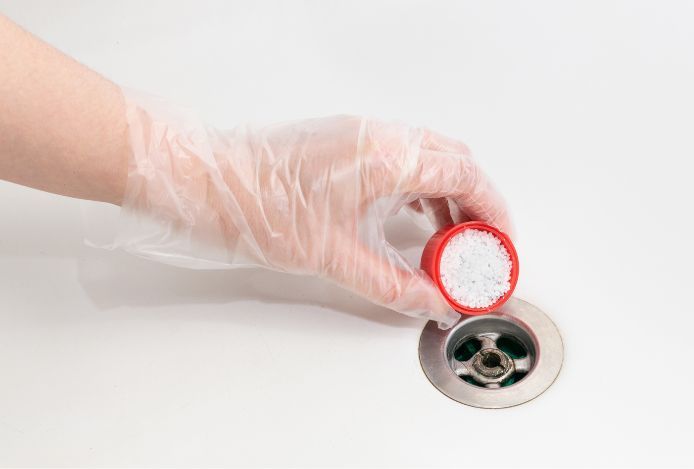
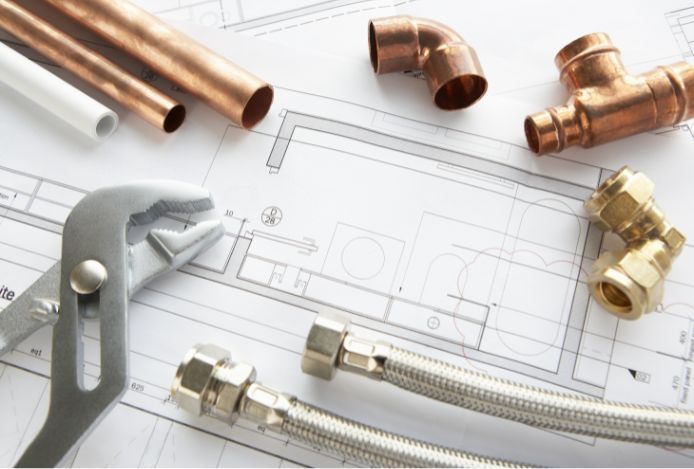
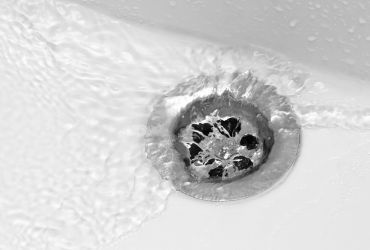

Leave a Reply